Here she shares some of her tips on keeping students engaged:
“It’s not the ‘what’ but the ‘how’…”
“In my experience, it’s not really the subject matter that dictates how engaged students are with learning, but how the teaching is delivered.
It was my experience that emotions really drove my students’ learning, so I endeavoured to ensure that they always felt positive in my lessons. Here’s how I did that:
Ban boring!
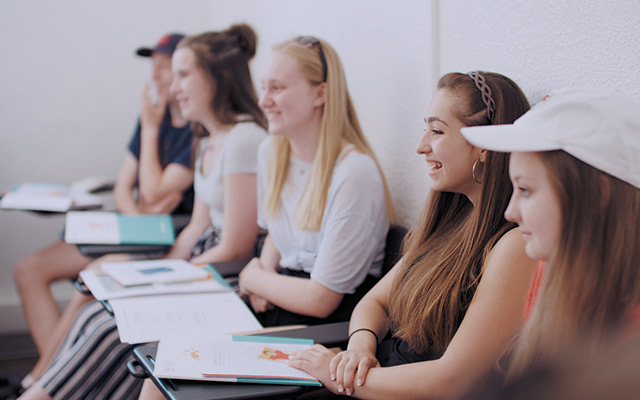
Procedures and routines are really important, but they don’t have to be boring – mix things up! I used to vary the tasks and the duration of activities to try to ensure that they remained interesting for my students.
Let them experience the subject outside of the classroom
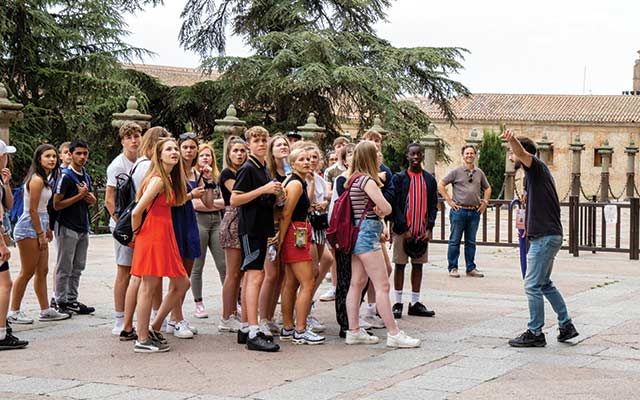
Many students lose focus because they can’t get to grips with how the content they’re studying in the classroom relates to the ‘real world’.
A school trip is the perfect way to demonstrate the importance of your subject to them.
Plus, these experiences will stick in their memory far better than anything they could learn from a textbook and should be easier to recall in exams.
Show them how the subject could be useful for their future careers
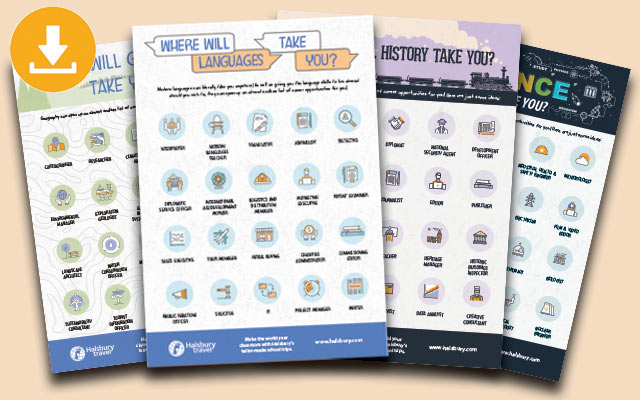
Some of your students may have a good idea of what they’d like to do as a career – and it may seem to them that your subject is irrelevant to that, leading to them switching off in your lessons.
But just because their chosen career may not require a qualification in your subject, that doesn’t mean that your subject wouldn’t better prepare them for that career and teach them some important skills – so explain this to them!
We’ve designed some posters to help your students see where science, languages, history and geography could take them – and they’re FREE to download!
Shift the focus from the teacher to the learner
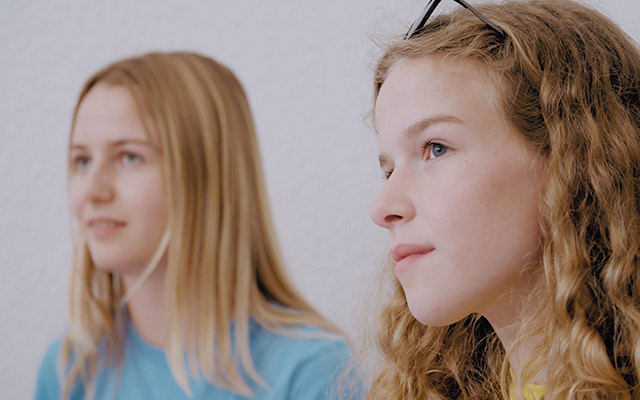
Putting your students in the driving seat sometimes can encourage them to take ownership of their learning.
Encourage them to set personal and group learning goals, but make sure they pick ones that are achievable, believable and measurable.
And give them time to reflect and evaluate these goals, so that they can see what has been achieved and what they can do to improve.
Stop, collaborate and listen!
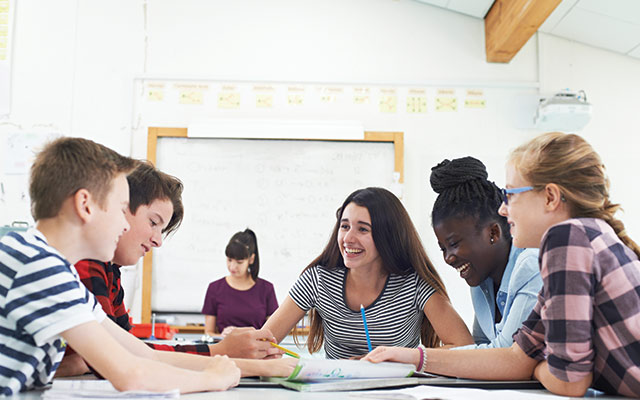
Get the students into groups and set them a short amount of time in which to discuss the learning activity.
You could use some sort of timer as a reminder of the limited time – this will focus their minds and keep them on-task, while giving them the valuable opportunity to share ideas.
Make information digestible and relatable
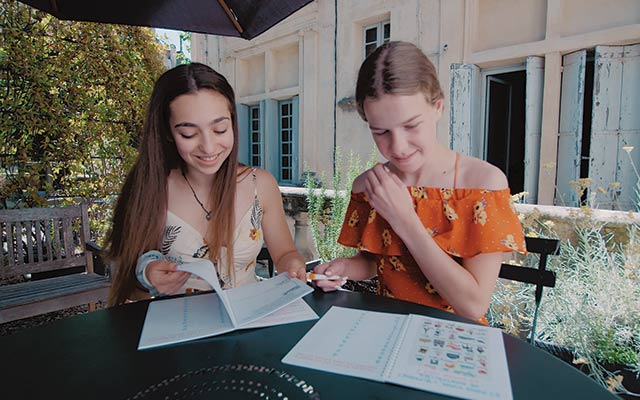
Keep chunks of information small and easy to manage. And make sure you build in short ‘breaks’ to share and assimilate information, and for your students to start using the information independently.
Use a variety of resources. Find out where your students get their information and use this to get them to engage with the subject.
For example, if your students tend to get their information from social media, why not give them a list of interesting accounts to follow (of course, you’ll need to vet these carefully beforehand!).
And you could include resources you’ve picked up from previous trips, to reinforce the idea that what is being studied in the classroom has relevancy outside of it.”
Got some tips of your own to share with fellow teachers?
Join in the discussion on Facebook and Twitter!
Thinking about arranging your next school trip?
If you want to ensure it offers the maximum benefit for your students and encourages their interest in your subject, please don’t hesitate to contact us for more information and to discuss some ideas.